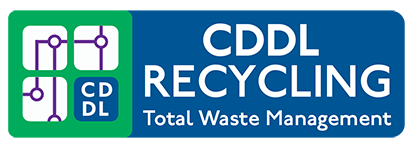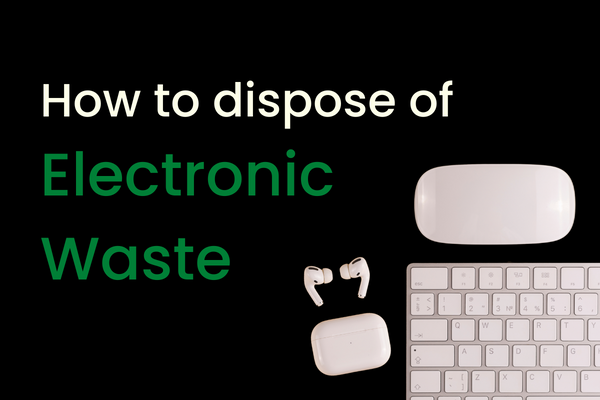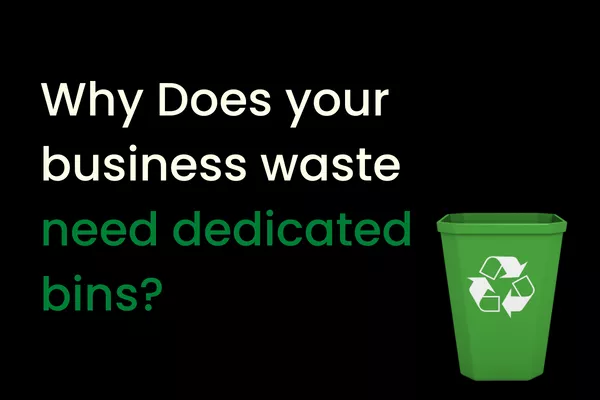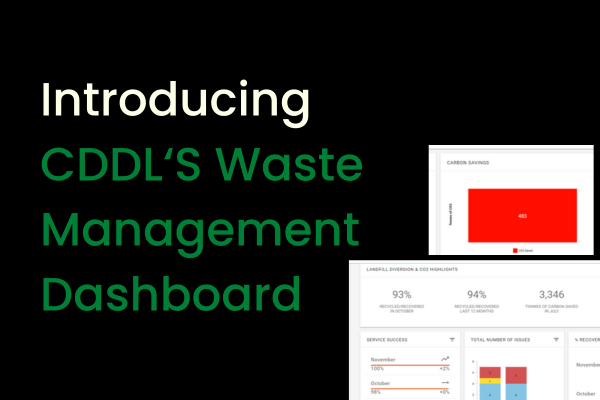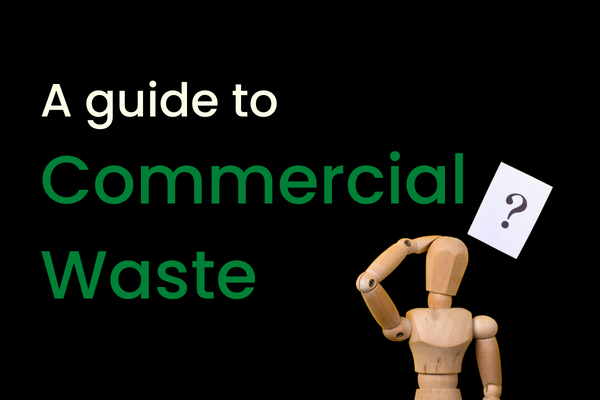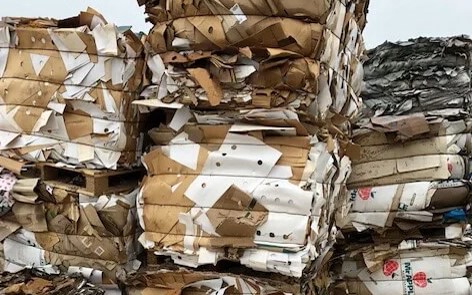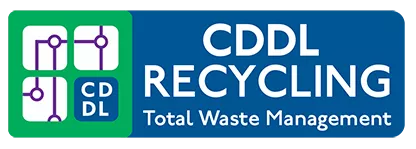How to reduce retail waste & 4 other useful tips
At CDDL we understand the importance of reducing business waste, especially retail waste. Whether you’re a local independent store or a franchised supermarket, we should all be doing our bit to reduce retail waste and protect the environment.
As a responsible retailer, you should know where your waste comes from and ends up. If you don’t, keep reading this article.
Why reduce your retail waste?
It is important to have regular and reliable waste disposal services in order for the store environment be safe, clean & attractive. Not only will this help improve your perception of yours but also make sure that you are being environmentally sustainable by using less resources when recycling or composting instead!
Types of retail waste
It is estimated that retail companies generate between 15 and 50 million tons of solid waste annually. This includes the packaging materials used for single-product sale items like clothing or foodstuffs as well as bulk sales.
This waste can be separated into categories such as :
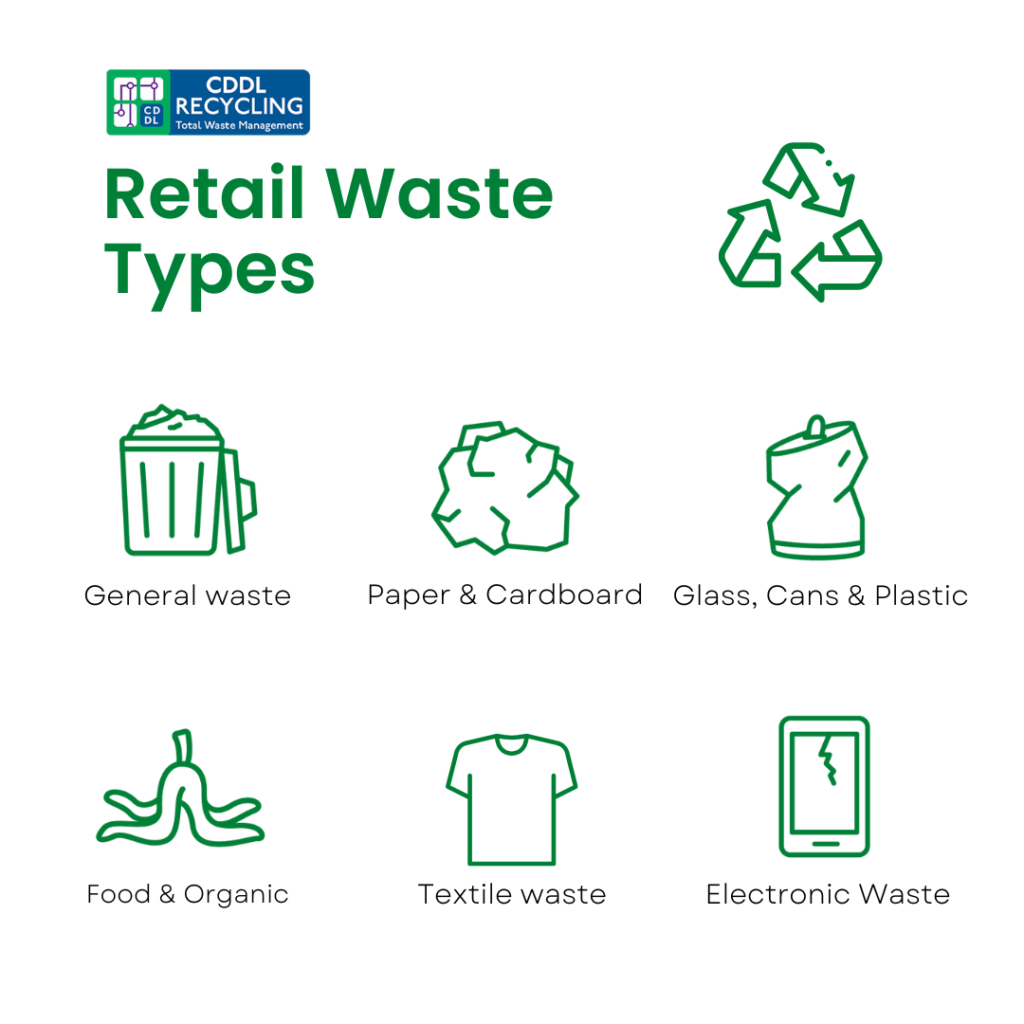
Food waste – Avoid throwing excess food and instead compost it or donate it to those in need. For more information on how to reduce food waste read our blog.
Glass recycling – When separated from other waste, glass can be recycled into new products.
Plastic recycling – Most plastics can be recycled into new packaging or plastic bags.
Textile waste – The old stock can be recycled and put back into circulation by being shredded into polyester chips or the fibres cleaned, separated then spun again to become yarn. Or even reworked into new pieces to promote zero waste.
WEEE waste – electronic products are usually broken down into parts, which are recycled based on their materials (such as metals and plastics).
How to reduce retail waste
To reduce retail waste, you can try several methods such as:
- Avoid over-purchasing products by analysing sales
- Avoid single-use plastics and reduce packaging
- Reducing paper use such as receipts by going digital
- Reusing plastic crates
- Returning used clothes hangers to the supplier for reuse or recycling

Types of bins suitable for retail waste
When it comes to waste management, those who receive lots of deliveries at once like shopping centres and supermarkets use 1100-litre wheelie bins. Some businesses opt for larger recycling facilities depending on how much space they have available; however many smaller retailers will simply use two separate types: one set aside specifically for cardboard & paper goods while another contains all other recyclable items including oils cans aluminium bottles plastic
Take a look at our blog for more guidance to find out which bin would be suitable for your retail waste.
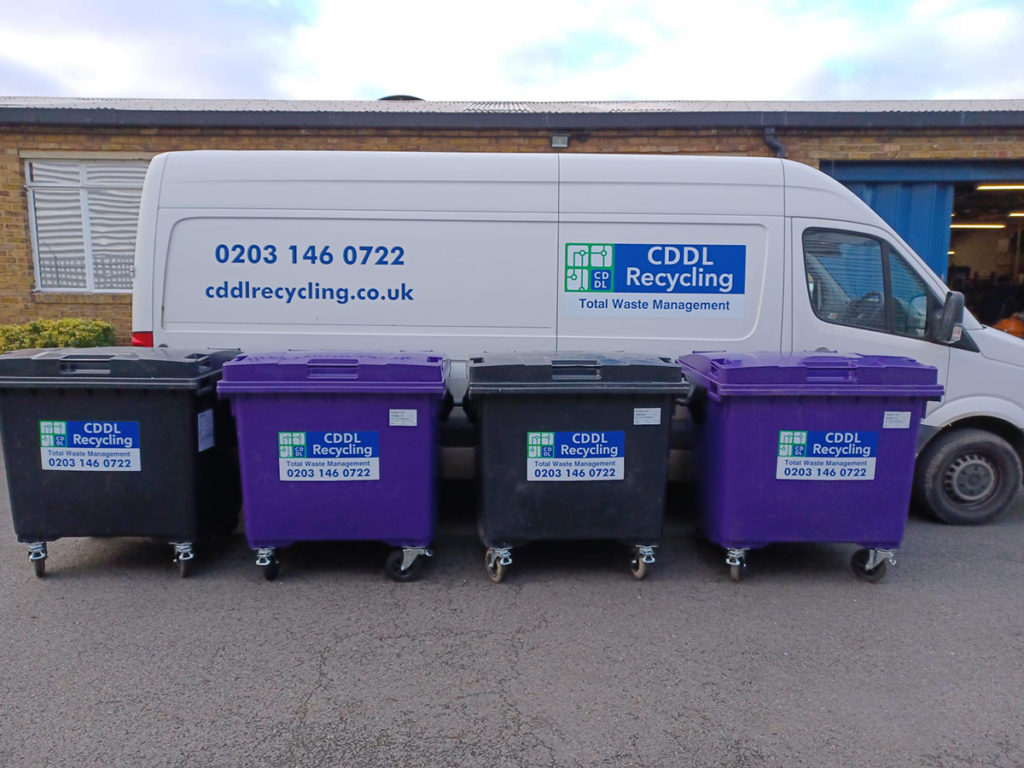
Retail waste management and recycling
To reduce our environmental footprint, we ensure that as much of the retail waste in your shop can be recycled and reused. We do this to avoid waste being disposed of into landfills or incinerators where it will generate harmful greenhouse gases like methane hydroxide (a gas associated with global warming).
Our licensed waste carriers collect all bins from outlets such as grocery stores & clothing retailers for recycling – reducing their carbon footprint.
How a waste contractor can help your retail business
Communicating with your waste contractor will allow you to understand how they can help you to recycle. Hiring skips for segregated materials can lead to cost savings and higher waste recovery rates compared with mixed ones, which are usually the most expensive option. It is always preferable at source but where this isn’t possible discuss options with your contractor.
CDDL Recycling offers business waste collections in Kent for those looking for a waste management service. If you’re in the construction, hospitality or retail industries get in touch today to find out how we can help you.
